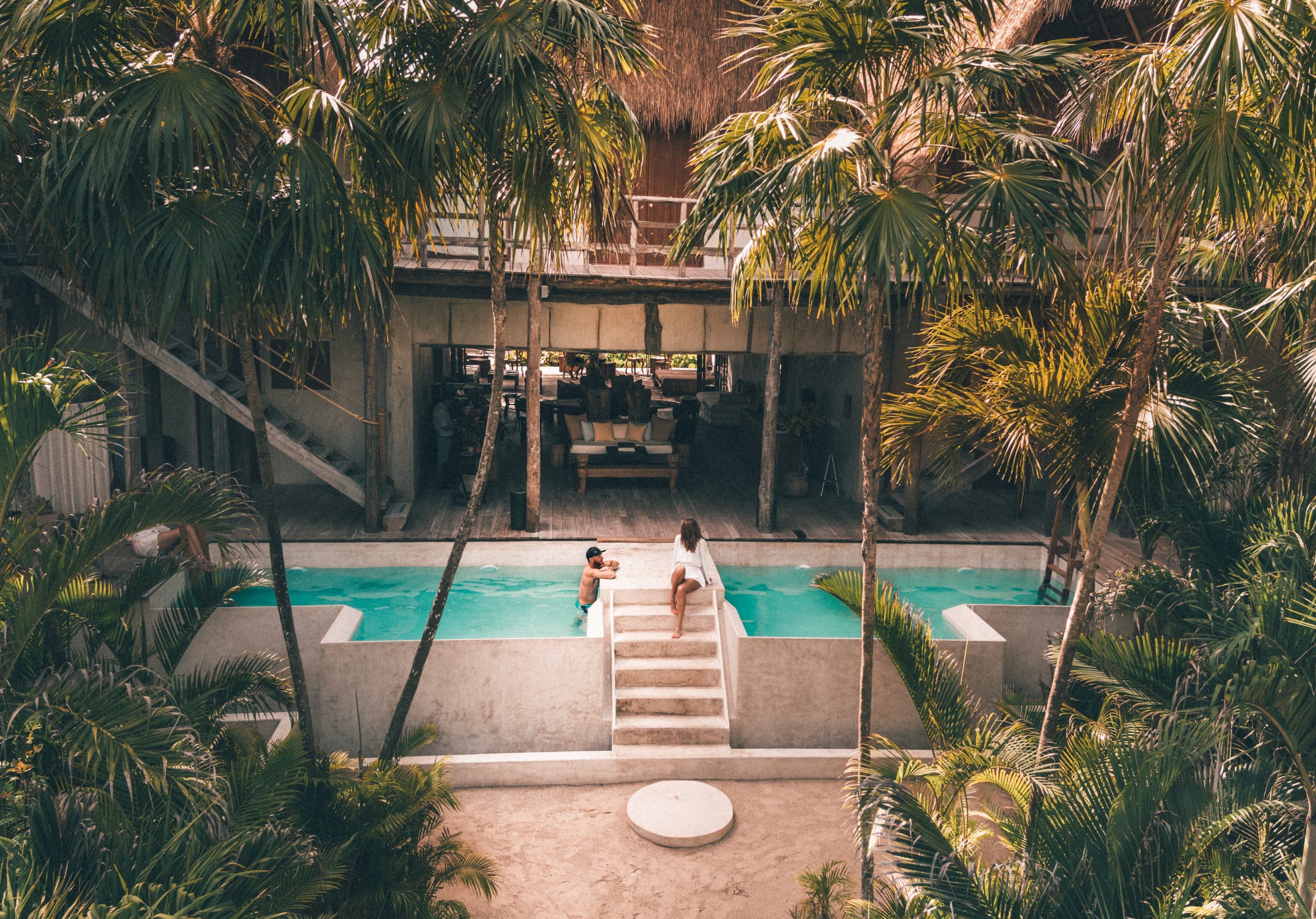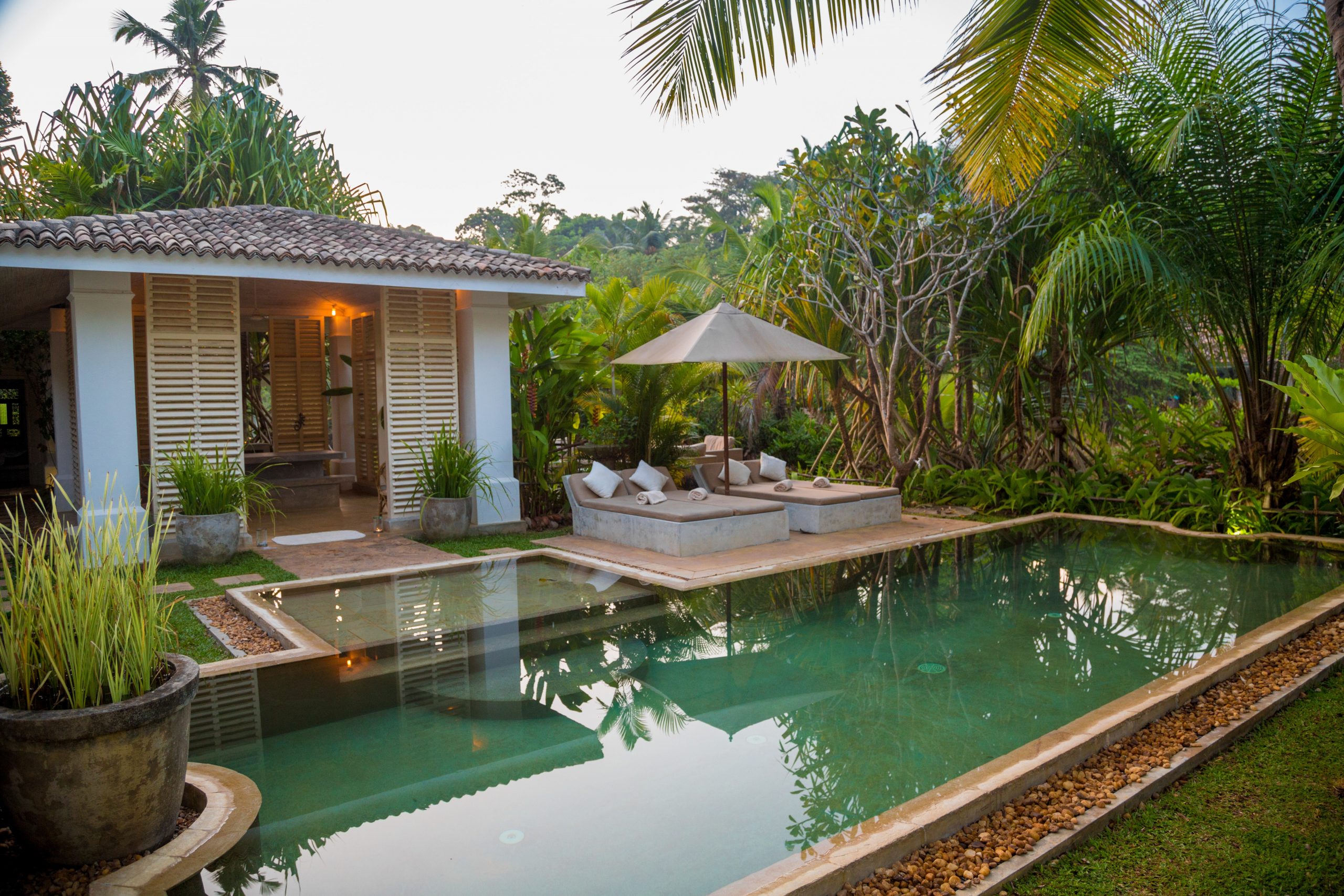The new era of luxury sustainability in hospitality
We have been discussing how 2023 is the year of sustainability across all sectors. However, this time, I am pleased to address a crucial aspect of this paradigm shift: sustainability in the hotel industry applied to luxury, which translates into the pursuit of a balance between exclusive comfort and environmental responsibility. That said, hotel sustainability is not a trend but a solid commitment to preserving the environment and the local community. Incorporating this concept into luxury goes beyond a mere "green" label and manifests in specific practices aimed at reducing the environmental and social impact of the hotel industry. Eco-Luxury stands as an example of industry progress, reflecting the increasing awareness among both hoteliers and travelers. The integration of sustainable practices in the luxury sector is not only appealing to environmentally conscious travelers but also contributes to preserving local traditions, supporting community livelihoods, and ensuring the conservation of natural resources for future generations. Growing trend and market data According to Facts and Factors, the global luxury hotel market was valued at approximately $95.11 billion in 2021 and is expected to reach $160.48 billion by 2028, with a compound annual growth rate (CAGR) of about 4.95% between 2022 and 2028. On the other hand, according to
Sustainable hotels that lead the ecotourism sector
As a nature lover and frequent traveler, I have always looked for ways to enjoy new experiences without leaving a negative footprint on the environment. So I'm excited to tell you about the sustainable hotels that are leading the ecotourism industry. These hotels are not only concerned with offering their guests an unforgettable experience, but are also committed to minimizing their impact on the environment. From choosing green building materials to implementing energy and water conservation practices, these hotels are leading the way towards more sustainable tourism. One of the hotels to recommend in this sense is the Hix Island House in Puerto Rico. This hotel features innovative architecture and uses solar panels to provide most of its power. In addition, they have implemented a rainwater harvesting system and have organic gardens that provide fresh and local ingredients for their restaurant. Another great example is Six Senses Laamu in the Maldives, which uses renewable energy and has a wastewater treatment system to reduce its environmental impact. In addition, the hotel is committed to eliminating single-use plastics in its facilities and works in collaboration with the local community to promote the conservation of coral reefs. In Colombia, there is the eco-friendly Casa del Agua hotel


